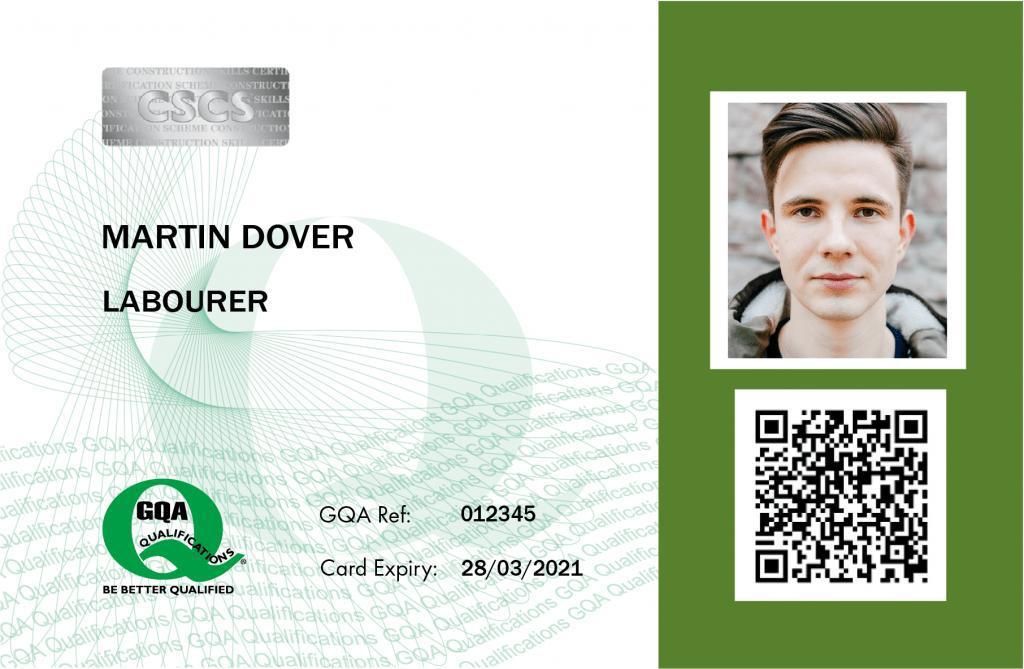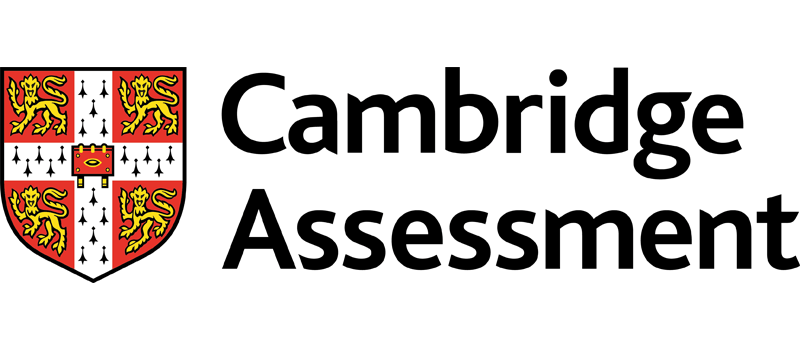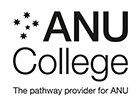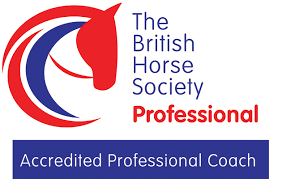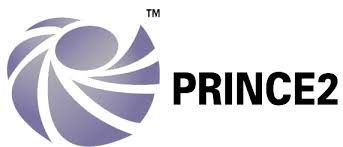The evolving landscape of human resource management has placed a renewed emphasis on strategic alignment within organizations. As businesses navigate increasingly complex and competitive environments, the role of HR professionals has shifted from administrative support to a core driver of organizational success. Strategic Human Resource Management (SHRM) represents this transformation, integrating HR practices with overarching business goals to enhance performance, foster innovation, and sustain long-term growth. This course is designed to equip participants with the tools and frameworks necessary to align HR strategies with organizational objectives, ensuring that human capital becomes a source of competitive advantage.
One of the most pressing challenges in modern organizations is bridging the gap between strategy formulation and execution. Many companies struggle to translate their vision into actionable HR policies, resulting in misaligned talent management, suboptimal workforce engagement, and missed opportunities for innovation. For instance, a study by McKinsey revealed that nearly 70% of strategic initiatives fail due to poor execution, often stemming from inadequate HR involvement. This course addresses these gaps by introducing participants to evidence-based models such as the Harvard Framework for HRM and the Balanced Scorecard, enabling them to design and implement HR strategies that are both effective and sustainable.
The benefits of mastering SHRM extend beyond individual career advancement. Organizations that embrace strategic HR practices experience higher employee retention rates, improved productivity, and enhanced financial performance. A notable example is Google’s Project Oxygen, which used data-driven HR strategies to identify key managerial behaviors that directly contributed to team success. By applying similar methodologies, participants will be empowered to create tailored solutions that address their organization’s unique needs while fostering a culture of continuous improvement.
Established theories such as Ulrich’s HR Business Partner Model and the Resource-Based View (RBV) of the firm provide a robust foundation for understanding the strategic role of HR. These frameworks emphasize the importance of viewing employees as valuable assets whose skills and competencies can be leveraged to achieve competitive differentiation. By exploring these concepts in depth, participants will gain insights into how HR functions can transition from being reactive to proactive, anticipating challenges and driving change.
Real-world applications of SHRM are abundant across industries. For instance, Southwest Airlines’ focus on employee empowerment and customer-centric culture has been a cornerstone of its success in a highly competitive market. Similarly, Unilever’s adoption of sustainable HR practices has not only improved its brand reputation but also attracted top-tier talent aligned with its values. These examples underscore the transformative potential of strategic HR when applied thoughtfully and consistently.
Ultimately, this course offers participants an opportunity to redefine their role within their organizations, positioning themselves as strategic partners rather than operational contributors. By equipping HR professionals with the knowledge and skills to align people strategies with business outcomes, the course ensures that they are prepared to tackle the complexities of the modern workplace while driving meaningful impact.











